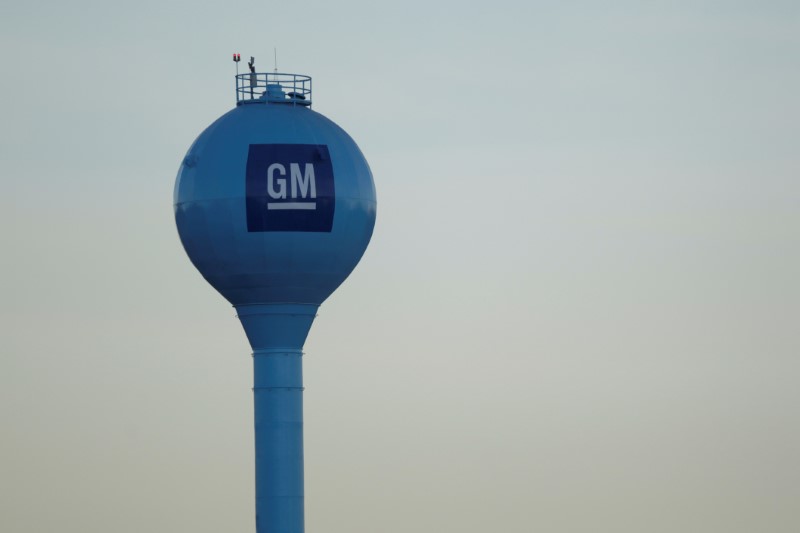By David Lawder and Anthony Esposito
WASHINGTON, Aug 17 (Reuters) - Auto industry groups from Canada, Mexico and the United States are pushing back against the Trump administration's demand for higher U.S. automotive content in a modernized North American Free Trade Agreement.
At talks underway this week in Washington, automaker and parts groups from all three countries were urging negotiators against tighter rules of origin, said Eduardo Solis, president of the Mexican Automotive Industry Association.
But U.S. Trade Representative Robert Lighthizer confirmed the industry's fears that the administration of President Donald Trump was seeking major changes to these rules to try to reduce the U.S. trade deficit with Mexico.
"Rules of origin, particularly on autos and auto parts, must require higher NAFTA content and substantial U.S. content. Country of origin should be verified, not 'deemed,'" Lighthizer said on Wednesday in opening remarks.
Mexican Economy Minister Ildefonso Guajardo and Canadian Foreign Minister Chrystia Freeland both said they were not in favor of specific national rules of origin within NAFTA - a position that the industry agrees with.
"We certainly think a U.S.-specific requirement would greatly complicate the ability of companies, particularly small- and medium-size enterprises, to take advantage of the benefits of NAFTA," said Matt Blunt, president of the American Automotive Policy Council. The trade group represents Detroit automakers General Motors Co (NYSE:GM) GM.N Ford Motor (NYSE:F) Co F.N and Fiat Chrysler Automobiles FCHA.MI .
His comments were echoed by Flavio Volpe, president of Canada's Automotive Parts Manufacturers Association.
"Anytime you say this list or a part of this list has to come from one specific country you're going to hurt all three countries," he said.
The United States had an autos and auto parts trade deficits of $74 billion with Mexico and $5.6 billion with Canada, both major components of overall U.S. goods trade deficits with its North American neighbors -- deficits that Lighthizer said could no longer continue.
Lighthizer's mention of tightening verification requirements is a reference to expanding the parts tracing list, which is used to determine whether companies meet the 62.5 percent North American content requirement for autos and 60 percent for components.
Devised in the early 1990s, the tracing list covers almost none of the sophisticated electronics found in today's cars and trucks, most of which come from Asia. Putting these on the tracing list could force suppliers to source these components from North America or pay tariffs on them. said any changes to this must also capture the North American system design work and software content for these components that is not currently included.
"A car today probably has 25 to 30 percent advanced electronics, software content in it. In 1994, it had zero or 1 percent," Volpe said. "Could you address the tracing to help you get to NAFTA compliance level by capturing some of the work that's being done in Silicon Valley or Waterloo, Canada? Yes."
John Bozzella CEO of the Association of Global Automakers, which represents international-brand carmakers, said NAFTA has allowed a major expansion of auto exports, with more than 1 million more vehicles built annually in the United States than in 1993.
"Negotiators should be mindful of this success as they work to modernize the agreement," Bozzella said, whose organization represents international brand carmakers with U.S. plants, including Toyota Motor Corp 7203.T , Honda Motor Co Ltd 7267.T and BMW BMWG.DE .
<^^^^^^^^^^^^^^^^^^^^^^^^^^^^^^^^^^^^^^^^^^^^^^^^^^^^^^^^^^^ Trump's NAFTA autos goals to collide with industry as talks start
On sidelines of trade talks, businesses tout NAFTA's benefits
U.S. talks tough on trade deficit as NAFTA discussions begin
